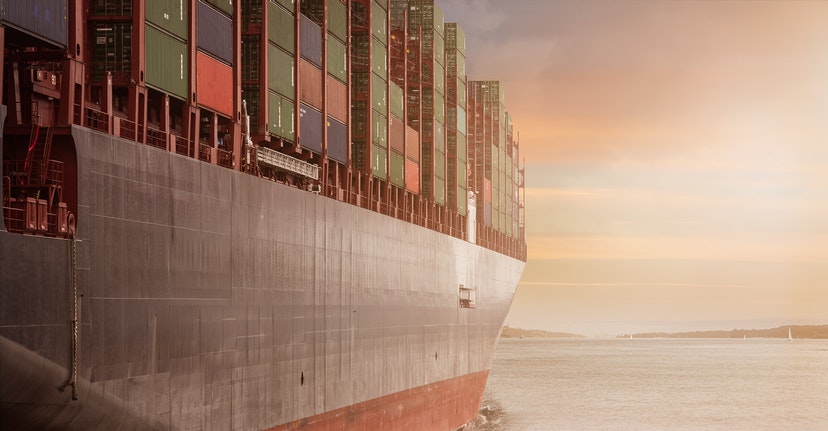
Critical Chanel Could Be Blocked for Weeks
Earlier this week, a container ship weighing over 200,000 tons became lodged in the Suez Canal, blocking traffic through the critical channel. A team is working to remove the ship using tugboats, helicopters, and other equipment, but authorities have warned that the canal could be blocked for days or even weeks.
The Suez Canal connects European and Asian markets. It is an important part of the supply chain for oil products refined in Europe and crude oil from North African and Black Sea ports. It is also a crucial part of supply chains for products ranging from electronics to machinery. In 2020, almost 19,000 ships passed through the channel—an average of about 50 ships per day. The accident is beginning to have ripple effects on supply chains across a number of industries.
Oil Prices and Shipping Rates Could Rise
Oil prices were down earlier this week because of worries about new COVID-19 lockdowns, but news of the Suez Canal blockage caused the price of oil to spike. Almost 10% of global oil and 8% of liquified natural gas is routed through the canal. Some analysts expect that oil prices could continue to climb if the canal remains blocked for a significant period.
Shipping rates around the world have been soaring over the past few months. Demand for shipping tumbled in the early months of the pandemic, but came roaring back as people purchased goods online during lockdowns. The industry has been grappling with a container shortage and logistical difficulties in ports this year. The Suez Canal being blocked puts further strain on the global shipping industry and analysts believe shipping rates could be pushed even higher.
The Chip Shortage Could Be Exacerbated
A number of industries are currently being strained by the global chip shortage. The problem has been exacerbated by a recent fire at a Japanese chip manufacturing plant, the winter storm in Texas, and backlogs at ports in California. The blocked waterway could further contribute to the chip shortage.
Ships which normally go through the Suez Canal can be rerouted around the Cape of Good Hope, but this is a more costly and time consuming route. Investors across a wide swath of industries will be eagerly watching as efforts to dislodge the ship continue.
Please understand that this information provided is general in nature and shouldn’t be construed as a recommendation or solicitation of any products offered by SoFi’s affiliates and subsidiaries. In addition, this information is by no means meant to provide investment or financial advice, nor is it intended to serve as the basis for any investment decision or recommendation to buy or sell any asset. Keep in mind that investing involves risk, and past performance of an asset never guarantees future results or returns. It’s important for investors to consider their specific financial needs, goals, and risk profile before making an investment decision.
The information and analysis provided through hyperlinks to third party websites, while believed to be accurate, cannot be guaranteed by SoFi. These links are provided for informational purposes and should not be viewed as an endorsement. No brands or products mentioned are affiliated with SoFi, nor do they endorse or sponsor this content.
Communication of SoFi Wealth LLC an SEC Registered Investment Advisor
SoFi isn’t recommending and is not affiliated with the brands or companies displayed. Brands displayed neither endorse or sponsor this article. Third party trademarks and service marks referenced are property of their respective owners.
SOSS21032601
The post The Suez Canal Accident’s Impact on Global Supply Chains appeared first on SoFi.
from SoFi Blog – SoFi https://ift.tt/3fdCrSJ
via IFTTT


0 Comments